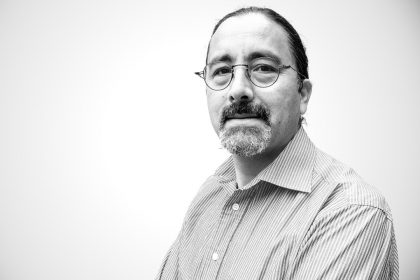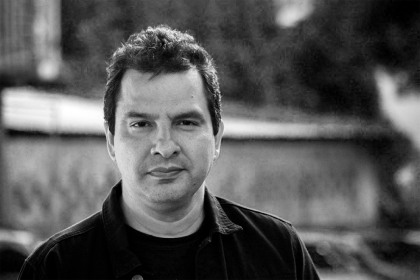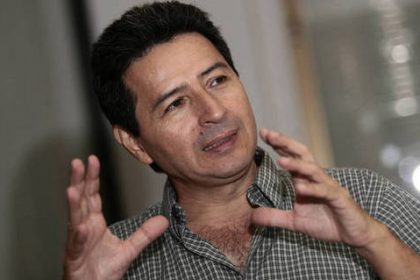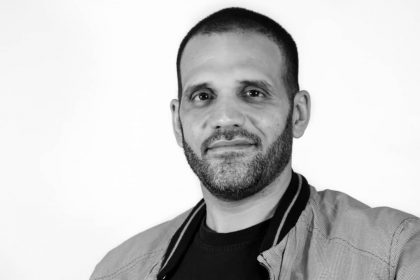ABOUT THE AUTHOR:
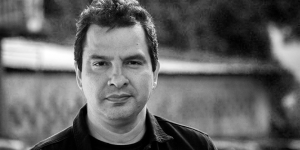
Rafael Uzcátegui
Sociologist and freelance editor. He is currently the General Coordinator of Provea.
Rafael Uzcátegui │ On July 2, the United Nations High Commissioner for Human Rights, Michelle Bachelet, released a new report on the Venezuelan situation. In mid-2019, the former Chilean president, in her new role as guarantor of human dignity in the world, published a similar report that had a great impact at the national and international levels. The commotion was a consequence not only of the statements made in the document about the seriousness, extent, and reiteration of the violations but also because the spokesperson was at the moment perceived as a political ally of Bolivarian socialism.
After the report and Bachelet’s visit to Venezuela in early June 2019, the UN High Commissioner for Human Rights (OHCHR) and the government of Nicolás Maduro signed a “Letter of Understanding” to agree on a joint work agenda that, among other points, approved the permanent presence of OHCHR officials in Venezuela, as a step to establishing in the medium term a formal office of the organ, one of Bachelet’s main objectives in the country.
Thanks to their presence in the country, officials of the High Commissioner have managed to maintain constant communication with victims and independent organizations and monitor the evolution of the situation on-site, which is of great value.
But they have also had to dedicate time and effort to the agreements on “technical cooperation” with the State. Even though this would yield immediate results in improving the situation under democratic rule, it remains uncertain due to our circumstances.
Cuban diplomacy managed to “normalize” 50 years of dictatorship on the island within the international community. That skill is being transferred this time to the Venezuelan authorities. Maduro is learning how to work with the United Nations mechanisms in promoting initiatives that are favorable to him while delaying and hindering those that are not convenient. His relationship with the OHCHR is part of that strategy and the first results can be seen in the recent report of July 2.
One year after the shocking report of July 2019, the latest document has left a bittersweet feeling among human rights defenders. We had assumed that the presence of officials on the ground would result in more accurate and comprehensive recounts on the accelerating deterioration of the situation, both in terms of human rights and democratic institutions. On the contrary, the deterioration is not faithfully reflected in this report.
Some parts of the document even convey the idea that investigations have been initiated in a “diligent” manner, or that police officers “in most cases” respected the right to peaceful demonstration. We will try to be as clear as possible in our stance: The report indeed makes a diagnosis of the human rights situation in our country that can be classified as “good”, with the inclusion of data and patterns of action on the abuse of power.
But it is also true that the government has managed to include its narrative in the text, where some paragraphs do not have any useful or verifiable data, but merely propaganda statements that manage to soften their responsibility.
In some items, such as the one relating to the situation of penitentiary facilities, the OHCHR contrasts the information with some data, but this rebuttal exercise covers several paragraphs, forcing the exclusion of other topics.
The general result, therefore, is a text with a different tone from the one presented 12 months earlier, which gives the impression that some situations are improving when this is not the case.
By the time this article is published, two other thematic reports (on the situation of the Justice System and the Mining Arc), set for July 15, must have been issued by the OHCHR. Although they should be taken into account for any comprehensive assessment of their work in the country, the July 2 document has raised concerns about the relationship of the office with the local authorities.
The High Commissioner is at a crossroads: Doing her job in the best possible way without irritating officials to the point of expelling her envoys from the country. This dilemma is common in the fieldwork of international agencies under undemocratic governments. Some have managed to rightfully overcome the challenge, but in most cases, the tone is softened and scandalous situations are averted, under the conviction it is more useful to remain in the country than be expelled.
Translated by: José Rafael Medina.
ABOUT THE AUTHOR:

Rafael Uzcátegui
Sociologist and freelance editor. He is currently the General Coordinator of Provea.

